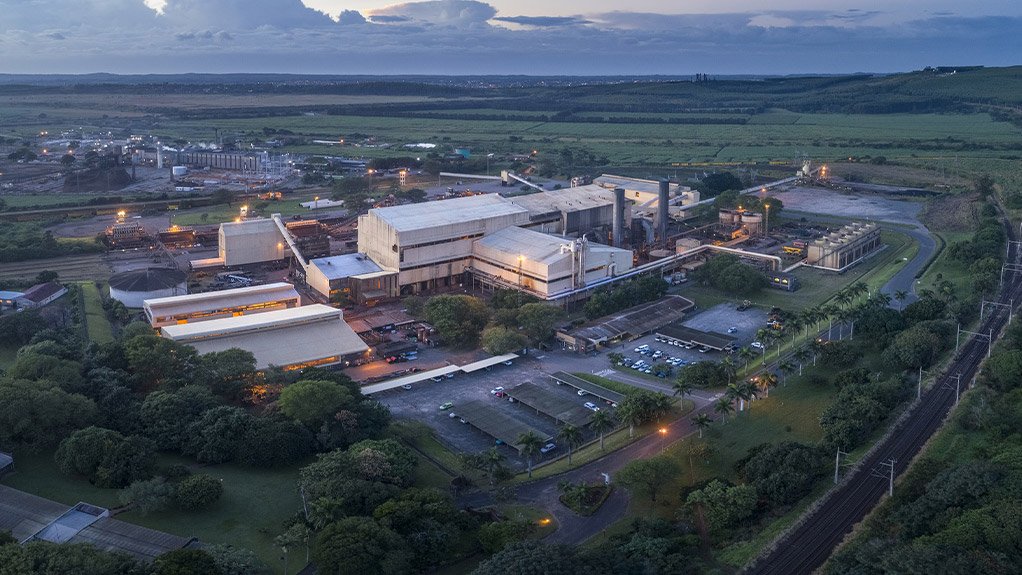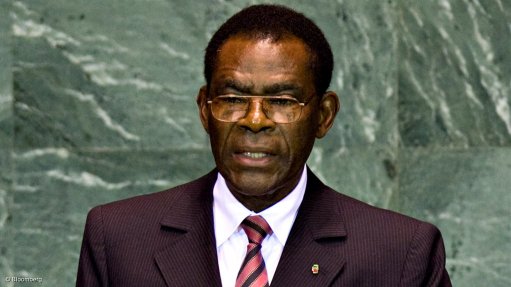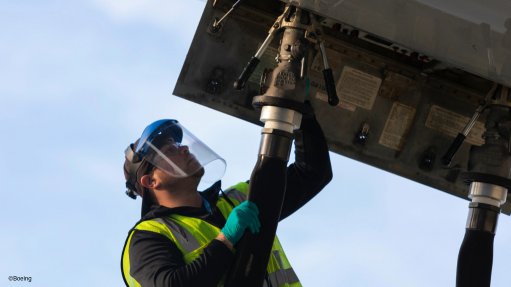Tongaat to resume JSE trading next week; interim headline loss narrows
JSE-listed sugar producer Tongaat Hulett managed to turn an operating profit of R1.2-billion in the six months ended September 30, 2019, compared with an operating profit of R315-million in the six months ended September 30, 2018.
This helped the company narrow its headline loss to R314-million for the six months under review, compared with a restated loss of R354-million in the prior corresponding period.
Its headline loss a share narrowed to 233c, from a headline loss a share of 322c in the six months ended September 30, 2018.
Tongaat’s earnings before interest, taxes, depreciation and amortisation increased to R1.5-billion in the reporting period, compared with R703-million in the prior comparable period.
CEO Gavin Hudson on Friday said the results reflected the decisive steps taken by the company to stabilise the business.
Tongaat expects its shares to resume trading on the JSE by February 3.
The company initiated a turnaround in March 2019, called Project Crystal, underpinned by 12 pillars. Hudson described the year since as “turbulent”, with the company having had to rebase every aspect of the business.
The company’s governance framework was re-evaluated, as well as company procedures, while dealing with cultural challenges.
“We still face significant challenges, but we have a robust strategy, a committed management team and a supportive board, all of which bode well for the future.”
Tongaat had to restate its financial statements for the financial year ended March 31, 2018, as a strategic and financial review had revealed “past practices which are of significant concern”. The company at the time explained that these practices appeared to have resulted in its financial statement for that year not reflecting the underlying business performance accurately.
The company then in June last year requested that its shares be suspended on the JSE and LSE, while the forensic investigation into past financial practices was underway. Tongaat had since delisted from the LSE and strengthened its corporate governance, financial controls and oversight at all levels within the company.
Meanwhile the company achieved and exceeded its first debt reduction milestone, reducing debt by R610-million, against an initial target of R500-million, in the six months under review.
The company had set itself a target to reduce its debt in South Africa by at least R8.1-billion by March 2021.
The debt burden would continue to be reduced through a combination of cost savings and cash flow initiatives and the sale of certain noncore assets. Tongaat CFO Rob Aitken said the company would also consider selling majority stakes in core assets, as well as undertaking an equity capital raise.
OPERATIONAL PERFORMANCE
In the six months under review, the operational performance of the company’s South African sugar operations were affected by subdued local sales and competition from low-margin sugar imports. However, the company achieved a 10% year-on-year increase in production from the South African operations.
Hudson expects sugar production to improve further in the current financial year, while revenues are expected to benefit from a 6.5% increase in South African sugar prices.
Tongaat’s Mozambican operations, meanwhile, experienced a notable turnaround to profitability, Hudson stated, benefitting from higher local sales. The higher local sales were on the back of beneficial pricing and promotions, as well as cost containment measures that had been implemented.
Additionally, the Xinavane refinery, in Mozambique, came on stream in the period under review, which aided profitability.
Tongaat further noted that its operational performance in Zimbabwe had improved after Tongaat had to apply hyperinflationary accounting to the operations for the first time. If the effect of hyperinflation were removed, the performance was consistent with the prior corresponding period.
Further, the company’s starch and glucose operations delivered a stable performance and good profits; however, higher maize prices affected margins in the six months under review.
“Within our South African milling operations, we were creating an initiative aimed at establishing a well-structured competitive sugar business on the KwaZulu-Natal North Coast that mills, refines and sells sugar and associated products, with equity held by, among others, farmers.
“We also launched Project Kilimanjaro, in Zimbabwe, in November last year, which should increase productivity of land through the development of 4 000 ha of new land for sugarcane farming for the benefit of 200 farmers,” the company explained.
Additionally, the company launched an initiative with its South African farming operations, whereby Tongaat was exiting its direct sugarcane farming activities. As part of this initiative, black-owned sugarcane farming enterprise Uzinzo Sugar Farming was created to farm this land.
Tongaat said there was a marked improvement in land conversion and development profits, mainly owing to a revised revenue recognition policy and an additional transaction in the review period.
Sales agreements in respect of ten transactions were in the process of being finalised, which were worth R422-million, while five deals were under negotiation, which were worth R259-million.
The deals recognised in the reporting six months spanned 141 000 m2 of land, compared with 17 000 m2 in the prior corresponding period.
The company was founded in 1893, has four starch plants and 13 sugar production facilities, and employs about 30 000 people. Tongaat has a sugar production capacity of about 1.7-million tonnes a year, from sugarcane farmed across 45 000 ha of land.
The company remains the largest starch and glucose producer in Africa, a leading sugar producer in Southern Africa and has a premier commercial property portfolio, valued at R11-billion.
Comments
Press Office
Announcements
What's On
Subscribe to improve your user experience...
Option 1 (equivalent of R125 a month):
Receive a weekly copy of Creamer Media's Engineering News & Mining Weekly magazine
(print copy for those in South Africa and e-magazine for those outside of South Africa)
Receive daily email newsletters
Access to full search results
Access archive of magazine back copies
Access to Projects in Progress
Access to ONE Research Report of your choice in PDF format
Option 2 (equivalent of R375 a month):
All benefits from Option 1
PLUS
Access to Creamer Media's Research Channel Africa for ALL Research Reports, in PDF format, on various industrial and mining sectors
including Electricity; Water; Energy Transition; Hydrogen; Roads, Rail and Ports; Coal; Gold; Platinum; Battery Metals; etc.
Already a subscriber?
Forgotten your password?
Receive weekly copy of Creamer Media's Engineering News & Mining Weekly magazine (print copy for those in South Africa and e-magazine for those outside of South Africa)
➕
Recieve daily email newsletters
➕
Access to full search results
➕
Access archive of magazine back copies
➕
Access to Projects in Progress
➕
Access to ONE Research Report of your choice in PDF format
RESEARCH CHANNEL AFRICA
R4500 (equivalent of R375 a month)
SUBSCRIBEAll benefits from Option 1
➕
Access to Creamer Media's Research Channel Africa for ALL Research Reports on various industrial and mining sectors, in PDF format, including on:
Electricity
➕
Water
➕
Energy Transition
➕
Hydrogen
➕
Roads, Rail and Ports
➕
Coal
➕
Gold
➕
Platinum
➕
Battery Metals
➕
etc.
Receive all benefits from Option 1 or Option 2 delivered to numerous people at your company
➕
Multiple User names and Passwords for simultaneous log-ins
➕
Intranet integration access to all in your organisation





















